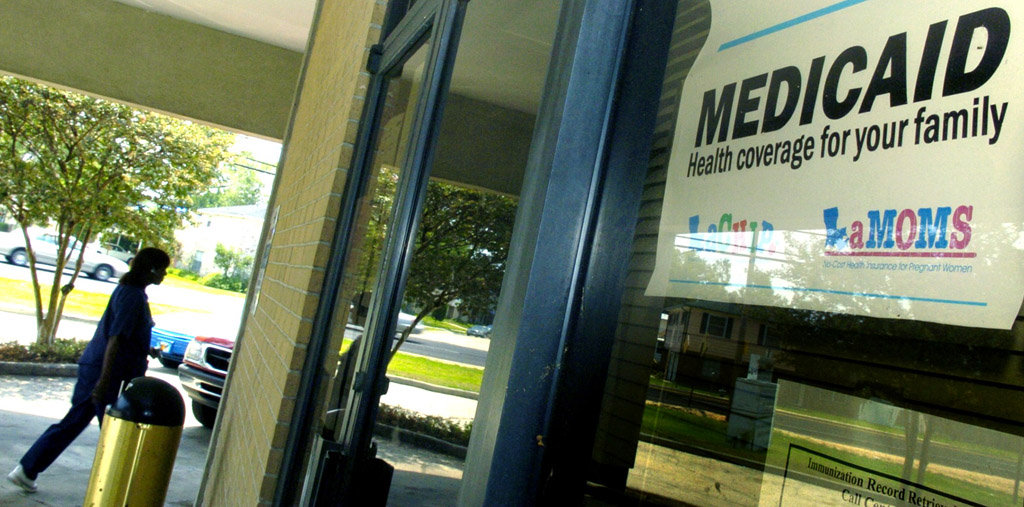
Cato Scholar Cannon Argues for Necessity of Cutting Medicaid
Louisiana an unfortunate example of current system’s failings
In today’s political arena, Medicaid is often treated as a sacred cow which cannot be tampered with, or America’s indigent citizens will lose their safety net. However, as Michael Cannon of the Cato Institute explains this week in Kaiser Health News, cutting back on Medicaid is not only necessary for the nation’s economic interests, but will be beneficial for enrollees, as well.
Any economist or industry expert will agree that Medicaid in its current state is unsustainable, although partisan rhetoric attempts to obfuscate this fact. Not only does it perversely impact the economy and the insurance market by crowding out private insurance, but it fails its own recipients, too.
Last April, the New York Times extensively reported on the difficulties facing Medicaid enrollees in Louisiana. Because compensation for doctors is so low under Medicaid, many practitioners refuse to see Medicaid patients. This leaves many without urgent access to special care, such as surgeons, psychiatrists, and neurologists.
These difficulties stem from an already overburdened system which will face an estimated 40% growth as a result of ObamaCare in Louisiana alone. 467,000 new enrollees will be added in our state under the new health care law. This will even further strain efforts of patients to gain access to quality care while further exacerbating Louisiana’s fiscal crisis.
Cannon argues for cutting back on Medicaid rolls. He explains that millions in the program nationwide are able to afford private insurance on their own. According to one estimate, six out of every ten enrollees could otherwise have had private coverage, which means the government is in effect subsidizing four people’s coverage for the price of ten people. Likewise, he points to the Louisiana case cited by the WSJ, where patients enrolled during pregnancies to avoid costs, as an instance of waste and abuse.
Rather than removing a safety net, those who could otherwise afford private insurance would receive treatment which would otherwise be denied to them under Medicaid. Cannon refers to cases in which thousands were dropped from state Medicaid rolls, only to see a subsequent surge in private insurance coverage. Such a policy would ideally provide better health care while alleviating the financial strain of Medicaid.
Other policies which Cannon advocates include the transition of Medicaid to a block-grant program which House Republicans recently passed, as well as repealing ObamaCare in order to stimulate economic growth and employment. The crux of the matter is that the country’s dire financial climate no longer allows us to treat Medicaid as untouchable. Demagoguery aside, cutting Medicaid is not a necessary evil, just necessary.
Jamison Beuerman is a contributing writer and policy analyst at the Pelican Institute for Public Policy. He can be reached via email at jbeuerman@pelicanpolicy.org or followed on Twitter @jbeuerman.




